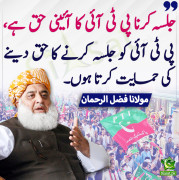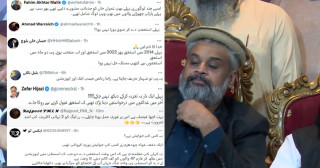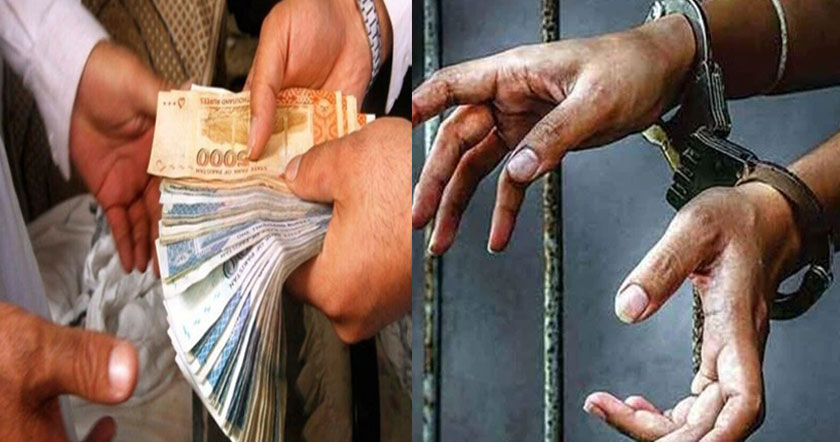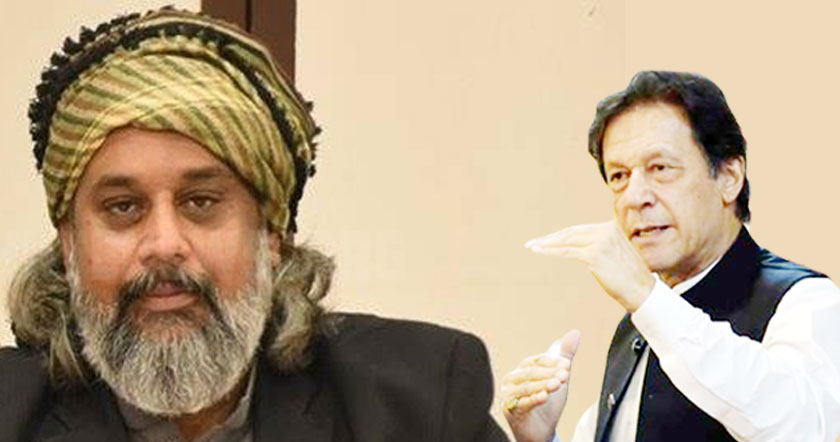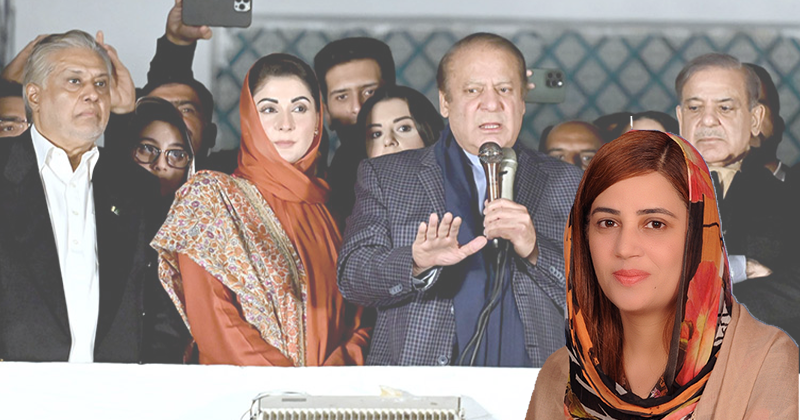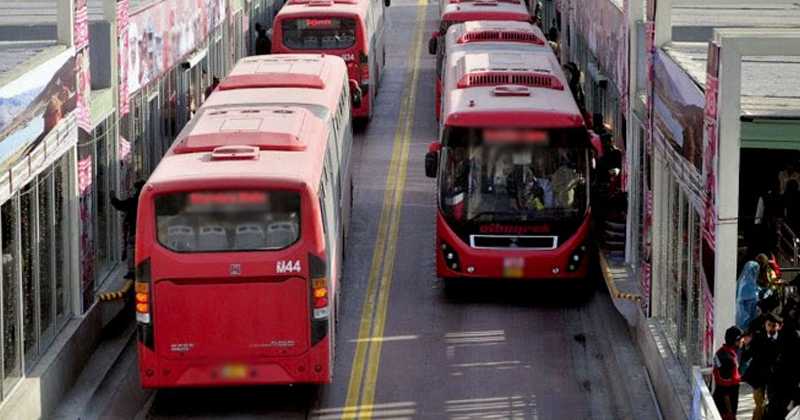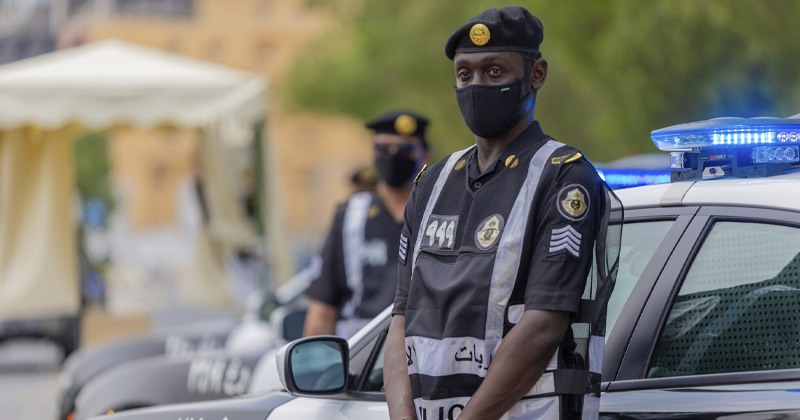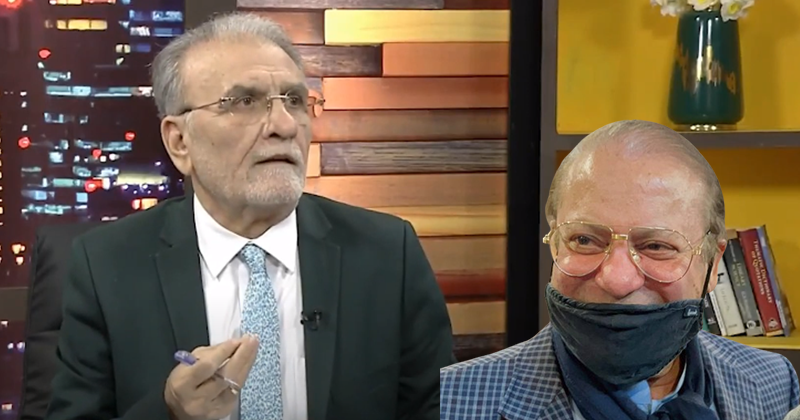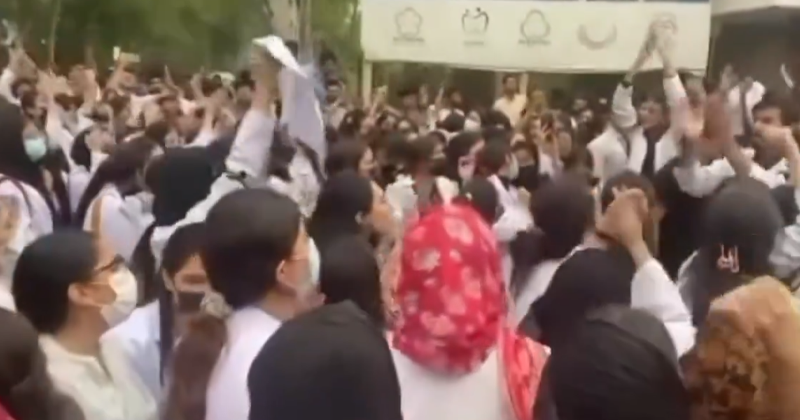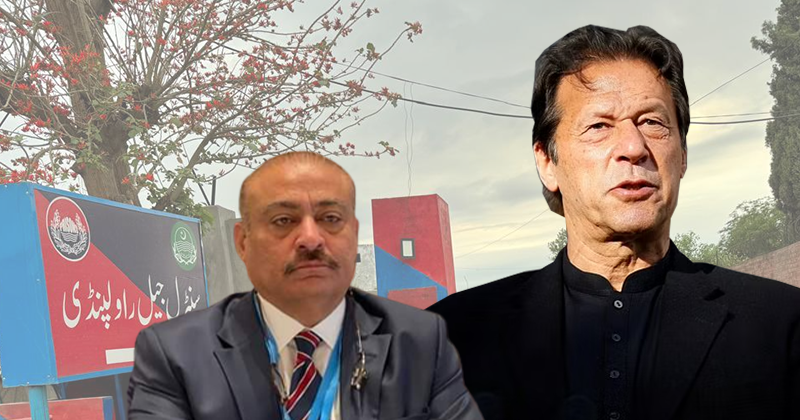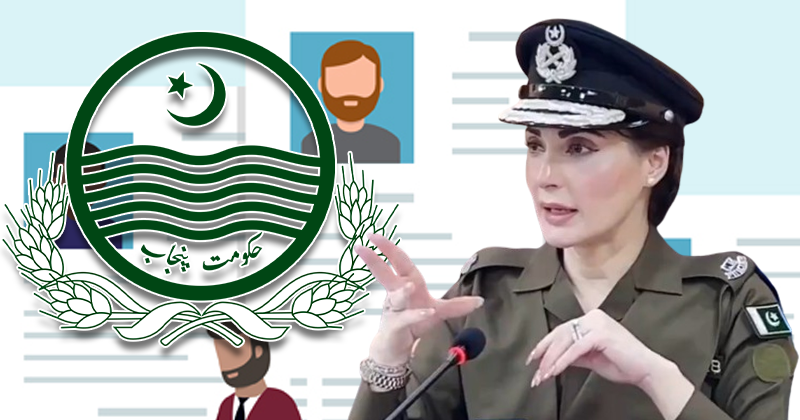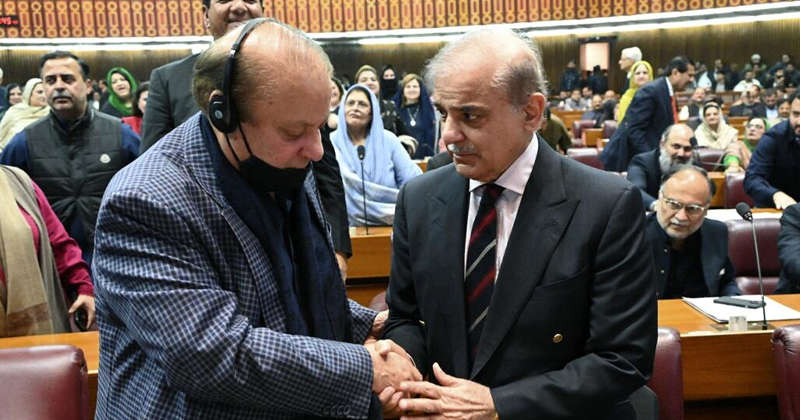Medias army bashing
By Babar Sattar (Email: [email protected])
The writer is a Harvard-educated lawyer based in Islamabad.
There are three main arguments against condemning the khaki high command.
One, casting aspersions on the institution lowers troop morale and undermines efficiency, as no military can fight without public support.
Two, arraigning our military high command at this time will weaken its ability to effectively preserve Pakistans national interest linked to the future of Afghanistan while negotiating with the US and regional stakeholders as the Afghan war enters end stage.
And three, the media is sowing discord within the nation and journalists cannot be allowed the audacity to charge-sheet guardians of our national security.
The first two arguments merit consideration. The third is simply preposterous. That concerns about the adequacy of our security policy and operational tactics are genuine is undeniable. There is need to generate enough heat to make the status quo uncomfortable and encourage reform of our security policy and policy making mechanisms, but not too much that lights a fire and starts to burn the institution down. Who then bears the responsibility to ensure that vital state institutions, that attract public criticism due to their conduct, do not end up being pilloried? At what point does criticism transform into vilification? Is there any objective criterion that can distinguish one from the other, or is it a matter of subjective assessment and personal taste? Has the Pakistani media been reckless in bashing the generals?
Before determining the responsibility of the media in striking the right balance between critique and condemnation let us appreciate the following facts. One, media is not a monolith and does not speak with one voice. Other than the state itself, there are no hidden hands strong enough to influence the media on the whole. That is why, to the chagrin of many, what generally emanates from the media is debate and disagreement as opposed to monotonic lullabies. So when the media does end up speaking with one voice, it is no grand conspiracy but the reflection of a growing national consensus on an issue.
Two, media does not set the agenda for national debate. It is reactive in nature and only responds to events as well as the states acts and omissions in relation to them. It is for state institutions and the government to put forth a narrative around which the debate revolves. A situation where a variegated media is seen as spearheading national debate can only be the consequence either of a non-existent state narrative or a state narrative so incoherent or flawed that it fails to shepherd pubic debate. It was clearly the failure of our civilian and military leadership to posit a credible narrative in the face of serious questions of security policy reform and military accountability, raised by the dramatic events of the last two months that provoked harsh criticism.
But despite the absence of any reassuring response from the ruling regime and the military, there are already voices from within the media advocating the need to taper criticism. This caution might be sensible, but self-restraint must not be allowed to encumber the constitutionally guaranteed right of citizens to free speech and information. Further, any public office holder exercising state authority is a fiduciary accountable to the people of Pakistan, notwithstanding whether such office holder wears khakis or civvies.
In the past our media has been guilty of indulging in self-censorship and applying a deferential standard when it comes to holding khakis accountable, whether out of fear or misconceived notions of national interest. Therefore a debate on whether there ought to be a debate about national security policy, decisions of security policymakers and actions of law enforcement agencies is in itself a step forward. Discussions about what constitutes our national interest, what is the best way to promote it, and whether law enforcers can be allowed to flout the law and usurp civil liberties under the garb of national security belong squarely within the public domain.
The media and the civil society are now asserting constitutional rights to retrieve vital public space for debate. And this is no passing phase. Questions about national security and the conduct of security agencies are legitimate questions of public importance. We must create and retain a marketplace of ideas wherein the strength of an argument determines its merit without any outside policing of what constitutes acceptable ideas and criticism.
The broad focus of the discussion about security policy and agencies has been three-fold: one, the accountability of individuals responsible for security lapses as well as extrajudicial killings of civilians; two, review of Pakistans national security policy and need to plug the holes creating external and internal security vulnerabilities; and three, fixing the civil-military imbalance that continues to threaten democracy.
Maybe it is time to get realistic and defer the third objective as the Zardari regime is solely interested in continuing to make hay within a circumscribed sphere and secure another term in office. The constitutionally mandated civilian control of the military cannot take effect so long as the civilian government is not interested in exercising its due authority and accepting the responsibility that comes along.
On the other two fronts there has been progress. Despite initial reluctance, an accountability mechanism has been put in place with constitution of the Abbottabad and Saleem Shahzad Commissions. It is imperative that our civilian and military leaders extend unequivocal support to the work of these commissions to ensure that the factual findings of these inquiries lead to individual accountability, and recommendations become the basis of policy and institutional reform.
But this will not happen without vigilant oversight of the media and the civil society. Old codgers - custodians of the warped mindset responsible for our ailment - are once again vocal, stirring up fear and suspicion and counselling that we must not wash our dirty laundry in public, truth must be kept hidden and inquiry reports must not be made public. This argument must be rejected.
History bears witness that there can be no accountability without disclosure. Anytime that a nation has chosen to shroud the truth or impede civil liberties in the name of national security, it has done so at its own peril. The honour and credibility of the Pakistani army will not be sullied because a few of its own are found guilty of crimes and errors, but only if it allows a misdirected espirit de corps to engage in cover-ups and obstruct due process of law.
Pakistan is caught in the middle of a very complex security situation wherein the US and other regional actors have interests that do not necessarily converge with ours. We must have no misconceptions that to the extent the US-led forces fail to accomplish their declared objectives in Afghanistan (which they will), Pakistan will become the scapegoat identified as the villain responsible for such failing. We thus urgently need to define our vital security interests linked to the future of Afghanistan as it will not only impact our external security but also determine the future of the insurgency/militancy raging across Pakistan. And for this we need a vibrant public debate to evolve a national consensus.
Such debate and criticism of the existing security policy must not be viewed as media bashing of generals. And neither should criticism of generals be presented as a manifestation of provisory support for troops. An informed national consensus over our approach toward the US war in Afghanistan and the militancy within Pakistan will strengthen the ability of our military to do its job. So long as our generals do not attempt to expropriate the citizens right to define what constitutes our national interest, or appear mightier than the law, they will always find the media and the nation standing beside them.
By Babar Sattar (Email: [email protected])
The writer is a Harvard-educated lawyer based in Islamabad.
There are three main arguments against condemning the khaki high command.
One, casting aspersions on the institution lowers troop morale and undermines efficiency, as no military can fight without public support.
Two, arraigning our military high command at this time will weaken its ability to effectively preserve Pakistans national interest linked to the future of Afghanistan while negotiating with the US and regional stakeholders as the Afghan war enters end stage.
And three, the media is sowing discord within the nation and journalists cannot be allowed the audacity to charge-sheet guardians of our national security.
The first two arguments merit consideration. The third is simply preposterous. That concerns about the adequacy of our security policy and operational tactics are genuine is undeniable. There is need to generate enough heat to make the status quo uncomfortable and encourage reform of our security policy and policy making mechanisms, but not too much that lights a fire and starts to burn the institution down. Who then bears the responsibility to ensure that vital state institutions, that attract public criticism due to their conduct, do not end up being pilloried? At what point does criticism transform into vilification? Is there any objective criterion that can distinguish one from the other, or is it a matter of subjective assessment and personal taste? Has the Pakistani media been reckless in bashing the generals?
Before determining the responsibility of the media in striking the right balance between critique and condemnation let us appreciate the following facts. One, media is not a monolith and does not speak with one voice. Other than the state itself, there are no hidden hands strong enough to influence the media on the whole. That is why, to the chagrin of many, what generally emanates from the media is debate and disagreement as opposed to monotonic lullabies. So when the media does end up speaking with one voice, it is no grand conspiracy but the reflection of a growing national consensus on an issue.
Two, media does not set the agenda for national debate. It is reactive in nature and only responds to events as well as the states acts and omissions in relation to them. It is for state institutions and the government to put forth a narrative around which the debate revolves. A situation where a variegated media is seen as spearheading national debate can only be the consequence either of a non-existent state narrative or a state narrative so incoherent or flawed that it fails to shepherd pubic debate. It was clearly the failure of our civilian and military leadership to posit a credible narrative in the face of serious questions of security policy reform and military accountability, raised by the dramatic events of the last two months that provoked harsh criticism.
But despite the absence of any reassuring response from the ruling regime and the military, there are already voices from within the media advocating the need to taper criticism. This caution might be sensible, but self-restraint must not be allowed to encumber the constitutionally guaranteed right of citizens to free speech and information. Further, any public office holder exercising state authority is a fiduciary accountable to the people of Pakistan, notwithstanding whether such office holder wears khakis or civvies.
In the past our media has been guilty of indulging in self-censorship and applying a deferential standard when it comes to holding khakis accountable, whether out of fear or misconceived notions of national interest. Therefore a debate on whether there ought to be a debate about national security policy, decisions of security policymakers and actions of law enforcement agencies is in itself a step forward. Discussions about what constitutes our national interest, what is the best way to promote it, and whether law enforcers can be allowed to flout the law and usurp civil liberties under the garb of national security belong squarely within the public domain.
The media and the civil society are now asserting constitutional rights to retrieve vital public space for debate. And this is no passing phase. Questions about national security and the conduct of security agencies are legitimate questions of public importance. We must create and retain a marketplace of ideas wherein the strength of an argument determines its merit without any outside policing of what constitutes acceptable ideas and criticism.
The broad focus of the discussion about security policy and agencies has been three-fold: one, the accountability of individuals responsible for security lapses as well as extrajudicial killings of civilians; two, review of Pakistans national security policy and need to plug the holes creating external and internal security vulnerabilities; and three, fixing the civil-military imbalance that continues to threaten democracy.
Maybe it is time to get realistic and defer the third objective as the Zardari regime is solely interested in continuing to make hay within a circumscribed sphere and secure another term in office. The constitutionally mandated civilian control of the military cannot take effect so long as the civilian government is not interested in exercising its due authority and accepting the responsibility that comes along.
On the other two fronts there has been progress. Despite initial reluctance, an accountability mechanism has been put in place with constitution of the Abbottabad and Saleem Shahzad Commissions. It is imperative that our civilian and military leaders extend unequivocal support to the work of these commissions to ensure that the factual findings of these inquiries lead to individual accountability, and recommendations become the basis of policy and institutional reform.
But this will not happen without vigilant oversight of the media and the civil society. Old codgers - custodians of the warped mindset responsible for our ailment - are once again vocal, stirring up fear and suspicion and counselling that we must not wash our dirty laundry in public, truth must be kept hidden and inquiry reports must not be made public. This argument must be rejected.
History bears witness that there can be no accountability without disclosure. Anytime that a nation has chosen to shroud the truth or impede civil liberties in the name of national security, it has done so at its own peril. The honour and credibility of the Pakistani army will not be sullied because a few of its own are found guilty of crimes and errors, but only if it allows a misdirected espirit de corps to engage in cover-ups and obstruct due process of law.
Pakistan is caught in the middle of a very complex security situation wherein the US and other regional actors have interests that do not necessarily converge with ours. We must have no misconceptions that to the extent the US-led forces fail to accomplish their declared objectives in Afghanistan (which they will), Pakistan will become the scapegoat identified as the villain responsible for such failing. We thus urgently need to define our vital security interests linked to the future of Afghanistan as it will not only impact our external security but also determine the future of the insurgency/militancy raging across Pakistan. And for this we need a vibrant public debate to evolve a national consensus.
Such debate and criticism of the existing security policy must not be viewed as media bashing of generals. And neither should criticism of generals be presented as a manifestation of provisory support for troops. An informed national consensus over our approach toward the US war in Afghanistan and the militancy within Pakistan will strengthen the ability of our military to do its job. So long as our generals do not attempt to expropriate the citizens right to define what constitutes our national interest, or appear mightier than the law, they will always find the media and the nation standing beside them.


